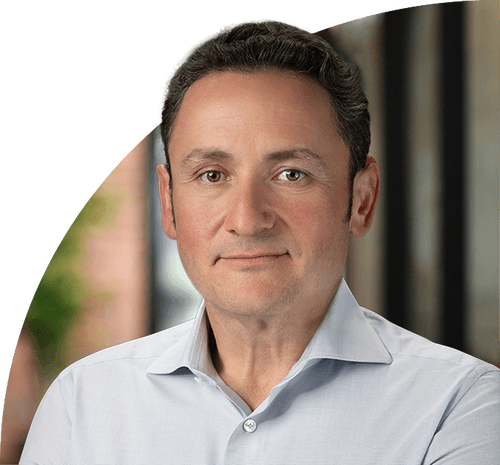One of Galapagos’ biggest shareholders is taking a more active role in pushing the company’s turnaround.
Biotech investment firm EcoR1 Capital, which owns 9.9% of the company’s shares, said in a Friday filing that it plans to discuss Galapagos’ “performance, business, operations, strategic opportunities and governance, including board composition.”
The Belgian biotech has battled setbacks for years, and in early 2021 brought in former Johnson & Johnson science chief Paul Stoffels to attempt a reset for the storied European drug developer.
EcoR1 has owned nearly 10% of Galapagos for more than a year now — making it one of the company’s largest shareholders behind Gilead — but Friday’s filing made clear for the first time that EcoR1 wants to hash out Galapagos’ operations and future with those in charge.
The filing’s hints that a powerful shareholder would take a more activist role sent Galapagos’ $GLPG shares up 11% on Monday morning. EcoR1 said it believes the biotech’s shares are “deeply undervalued and represent an attractive investment opportunity.”
Clik here to view.
 Oleg Nodelman
Oleg NodelmanEcoR1 didn’t spell out which parts of the business it plans to discuss with Galapagos, nor what the “strategic opportunities” could entail. Under founder Oleg Nodelman, EcoR1’s portfolio spans dozens of private and public biotechs, including recently IPO’d Artiva, shuttered Atreca, Eikon Therapeutics, Intellia, recently-acquired Morphic Therapeutic and others.
A Galapagos spokesperson said the company is aware of EcoR1’s filing. “We welcome shareholders’ perspectives and of course we regularly engage with our shareholders to discuss our strategy and path forward to enhanced value creation,” the spokesperson said in an emailed statement.
EcoR1 didn’t immediately respond to an inquiry from Endpoints News.
“We are very pleased with the progress we have made in delivering on our Forward, Faster strategy,” Stoffels said in a second-quarter update on Aug. 1.
Galapagos’ rebuild
Stoffels has been reshaping quarter-century-old Galapagos since taking over in January 2022. The drugmaker’s multibillion-dollar, 10-year partnership with Gilead had hit multiple stumbles, and its work in inflammatory diseases ran into a series of program culls.
As part of a turnaround, Galapagos has divested some drug discovery and research activities; sold off its sole, but struggling, commercial drug; and placed a string of bets on the CAR-T field, including acquisitions, manufacturing tie-ups and other partnerships. It’s already stopped developing one of its CAR-T candidates in the ever-increasing autoimmune landscape. Galapagos also paused a blood cancer CAR-T trial earlier this summer due to the finding of a neurological issue.
It’s also working on small molecules in oncology and has a TYK2 program in immunology. It has more than 15 preclinical programs across those two broad therapeutic areas and plans to have at least two new clinical candidates each year starting in 2026, according to a half-year update on Aug. 1.
Editor’s note: This story was updated to include comment from a Galapagos spokesperson.
